10 Potential Benefits Of Pecans For Skin, Hair, And Health
Make your snack time healthier, delicious, and nutritious with a simple change.
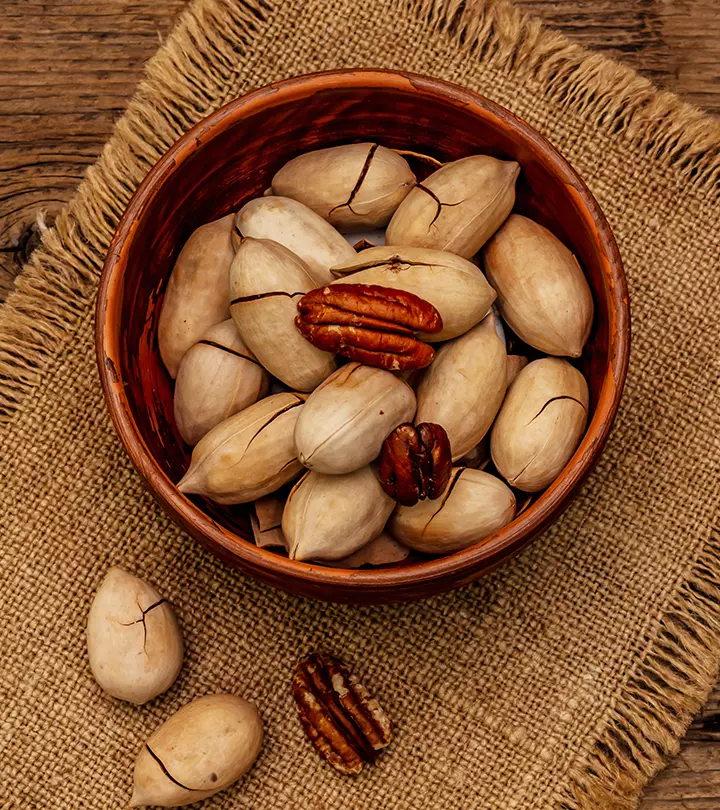
Image: Shutterstock
If you want to start a sodium-free diet, pecans are an excellent addition. The benefits of pecans can be attributed to their high protein content, antioxidants, vitamins, and minerals. This buttery-flavored nut is native to America and has anti-cancer and anti-inflammatory properties that help treat many ailments. Intake of pecans can help reduce the risk of cardiovascular disease, lower blood glucose levels, improve digestive health, and boost brain health.
 Trivia
TriviaThis article explores the potential health benefits of pecans, their nutritional breakdown, and any adverse effects. Take a look.
In This Article
10 Potential Health Benefits Of Pecans
1. May Reduce Risk Of Heart Disease
As per studies, increased intake of nuts lowers the risk of heart disease. Tree nuts like pecans can lower the levels of disease-causing low-density lipoprotein (LDL) cholesterol and triglycerides (1), (2). LDL or bad cholesterol can clog arteries and cause heart attacks and cardiovascular disease. A study conducted by the New Mexico State University found that people who ate 68 grams of pecans (around 38 pecans) each day had lower levels of LDL cholesterol than those in the control group who didn’t eat nuts. However, due to their high calorie count it would be advisable to stick to portion sizes of around max 16 pecans per day) (https://pubmed.ncbi.nlm.nih.gov/10719404/). Pecans are rich in unsaturated fatty acids that have a positive effect on lowering cholesterol (4), (5).
A pecan-rich diet can improve cardiometabolic risk factors, thanks to the presence of oleic acid and phenolic antioxidants (6). Pecans are replete with bioactive components, such as gamma-tocopherol, which can prevent chronic inflammation of the arteries (7). The flavonoids in pecans possess antioxidant properties and may lower blood cholesterol levels (8).
2. May Lower Blood Sugar Levels
Pecans are rich in dietary fiber that helps regulate blood sugar levels (6). One cup of these edible tree nuts contains 10.5 grams of total dietary fiber (9). In general, dietary fiber decreases the absorption of macronutrients in the intestine and delays gastric emptying. This results in lower blood glucose levels (10).
A study conducted by the University of Toronto on people with diabetes concluded that adding nuts to your daily diet helps improve blood glucose levels (11).
3. May Promote Brain Function
Pecans are high in gamma-tocopherol, a form of vitamin E (6). Studies state that individuals who consume vitamin E (dietary antioxidant) can lower their risk of dementia (12). This vitamin can fight against oxidative stress (or free radical damage) that may otherwise damage brain cells (13).
Pecans are also an excellent source of ellagic acid. This polyphenol can help prevent age-related cognitive decline (14). A study conducted on 150 middle-aged males found that ellagic acid has the potential to improve cognition (15).
The monounsaturated fatty acids in pecans also help reduce cognitive decline and improve brain functioning (16). Long-term intake of nuts was linked with improved cognitive behavior in older women (17). Another study conducted by the University of South Australia on 4822 adults aged 55 and over showed that people who consume 10 grams of nuts per day were 40% less likely to have poor cognitive function (18).
4. May Help Fight Inflammation
The phenolic compounds (such as tannins) in pecans can suppress chronic inflammation-causing genes and reduce inflammation (6). Pecans are also a rich source of magnesium that may help fight inflammation too. It may reduce inflammation in the arterial walls and reduce the risk of cardiovascular disease, arthritis, and Alzheimer’s. However, more studies are needed to further understand this mechanism of action in pecans.
5. May Improve Digestion
Pecans are rich in polyphenols such as ellagitannins (ETs) that can function as prebiotics (promote the growth of beneficial intestinal microorganisms). Studies suggest that ETs increase the growth of two common gut bacteria like Bifidobacterium and Lactobacillus (19). Also, pecans are loaded with dietary fiber that helps promote digestive health by regulating bowel movements (20). These tree nuts can reduce the risk of hemorrhoids and gastrointestinal problems and prevent constipation (21). However, more human studies are needed to prove these claims.
6. Are Rich In Antioxidants
Pecans have antioxidant properties, thanks to their bioactive compounds like ellagic acid (22). Oxidative damage has been linked to heart disease, Alzheimer’s, and cancer – and pecans may help reduce the risk. As per one study conducted by the Loma Linda University, USA, the antioxidant capacity of pecans can reduce LDL oxidation in humans (7). The increase in gamma-tocopherol levels with a pecan-rich diet reduces the risk of coronary heart disease (23).
7. May Help With Weight Loss
Pecans are rich in dietary fiber that has the ability to enhance satiety (24), (25). Intake of fiber regulates appetite, increases metabolism, and decreases your urge to eat more. This, in turn, may help with weight loss. The nuts are also rich sources of niacin, vitamin B6, riboflavin, thiamin, pantothenic acid, and folate that help promote metabolism too (26).
8. May Reduce The Risk Of Certain Cancers
Pecan kernel extracts are said to possess anti-proliferative, antioxidant, and cell-protective properties (27). The ellagic acid in pecans has anti-carcinogenic effects that can inhibit rapid proliferation of cancer cells (28). Also, the dietary fiber in pecans may help reduce the risk of colon cancer, and the oleic acid can help reduce the risk of breast cancer (29), (30), (31).
9. May Improve Skin Health
Pecans contain numerous antioxidants, including vitamins A and E, which fight free radicals that otherwise cause premature skin aging. Vitamin A is also great for healing the skin and reducing breakouts. The fiber in pecans is thought to flush out the body’s toxins and promote skin health (32).
10. May Prevent Hair Loss
Pecans are rich in amino acids that promote blood circulation to the hair roots. These tree nuts also are a rich source of iron that may help fight hair loss (33).
Note: A higher daily intake of plant-based sources of iron (non heme) is needed in comparison to animal-based iron sources (heme iron) due to their lower absorption capacity by the body.
Pecans contain a wide variety of vitamins and minerals. Read on to discover their nutrition profile.
Key Takeaways
- Pecans are buttery-flavored, sodium-free nuts with a rich nutrient profile and medicinal values.
- Including pecans in your diet may lower LDL cholesterol levels, decrease blood sugar, and promote brain function.
- You can prepare quinoa pancakes, cheese crisps, and coconut balls with pecans.
- People with nut allergies should avoid eating pecans.
Nutrition Profile Of Pecans
Pecans have a rich nutrient profile, and they contain 19 vitamins and minerals. They are packed with fiber, magnesium, copper, zinc, and vitamin B1. As per the U.S. Department Of Agriculture, 100 grams of pecans contain the following nutrients (9):
- Calories: 691 kcal
- Protein: 17 g
- Carbohydrates: 9 g
- Fiber: 9.6 g
- Iron: 2.53 g
- Magnesium: 121 mg
- Zinc: 4.53 mg
- Copper: 1.2 mg
- Thiamin: 0.66 mg
- Riboflavin: 0.13 mg
- Niacin: 17 mg
- Pantothenic acid: 0.863 mg
- Vitamin B-6: 0.21 mg
Minerals like copper and zinc have many health benefits and help boost immune health and brain function as well as skin health, thyroid, and metabolism (34), (35).
Pecan Recipes
1. Quinoa Pancakes
What You Need
- Cooked quinoa – ¾ cup
- Baking powder – ¼ teaspoon
- Eggs – 2
- Pure vanilla extract – ¼ teaspoon
- Cinnamon – ¼ teaspoon
- Sea salt – A pinch
- Raw pecans – As per your requirement
Process
- Mix all ingredients in a bowl.
- Pour the batter onto the skillet.
- Cook it slowly on one side for 3-5 minutes, until the cakes are set.
- Flip and cook the pancakes for another 1-2 minutes.
- Place the pecans on top of the pancakes.
 Did You Know?
Did You Know?2. Pecan Cheese Crisps
What You Need
- Parmesan cheese – 1 ½ cups
- Toasted pecans – ¾ cup
Process
- Preheat the oven to 400 degrees.
- Mix the freshly shredded Parmesan cheese and finely chopped toasted pecans well in a bowl.
- Spread the cheese mixture onto parchment paper-lined baking sheets, forming mounds.
- Flatten each into a 2-inch round and create an even thickness.
- Bake for 7 to 10 minutes or until they turn golden brown.
- Transfer to a wire rack and let them cool for 15 minutes or until crisp.
3. Honey-Pecan Butterscotch Sauce
What You Need
- Butter – ½ cup
- Light brown sugar – 1 cup
- Cup milk – ¼ cup
- Honey – ¼ cup
- Pecans – ¾ cup
Process
- Mix all ingredients well in a bowl.
- Transfer the mixture to a medium saucepan and boil the mixture over medium to high heat.
- Stir the mixture constantly.
- Remove from heat and let it cool for 30 minutes.
- Stir in ¾ cup of coarsely chopped toasted pecans.
- Serve over hot apple pie topped with vanilla ice cream.
4. Pecan Coconut Balls
What You Need
- Pecans – 1 ½ cups
- Unsweetened coconut flakes – ½ cup
- Vanilla extract – ½ teaspoons
- Pitted Medjool dates – 1 cup
- Hemp seeds – 3 tablespoons
Process
- Grind pecan nuts in a food processor.
- Add dates and process until the mixture is sticky.
- Add hemp seeds and coconut flakes to the mixture.
- Process until blended.
- Roll into balls and refrigerate until firm, approximately for one hour.
5. Butter Pecan Fudge
What You Need
- ½ cup of butter
- ½ cup of brown sugar
- ½ cup of white sugar
- ⅛ teaspoon of salt
- ½ cup of heavy whipping cream
- 1 teaspoon of vanilla extract
- 2 cups of confectioners’ sugar
- 1 cup of chopped pecans
Process
- Butter an 8-inch square baking pan.
- In a saucepan, combine butter, brown sugar, white sugar, and salt.
- Pour in the cream and bring it to a boil.
- Keep stirring until the butter melts and the sugar dissolves.
- Remove the saucepan from the heat.
- Add vanilla extract and mix well. Stir in confectioners’ sugar until it turns smooth. Fold in pecans.
- Pour the fudge into the pan and let it cool for approximately 1 to 2 hours.
- Cut into 1-inch squares and enjoy.
This is how you can add these nuts to your daily diet. But how many pecans can you eat in a day?
How Many Pecans Can You Eat In A Day?
Pecans are highly nutritive and a great source of healthy fats. Intake of one serving (28 grams) of pecans or 16 pecan halves is recommended at a time.
 Did You Know?
Did You Know?Though pecans are generally considered safe for consumption, they may cause a few side effects. We will explore them in the next section.
Potential Downsides
Pecans are safe to consume with no side effects for most people. However, people with an allergy to tree nuts should avoid intake. Those allergic to tree nuts may experience allergic reactions, dizziness, hives, vomiting, and shortness of breath (36). Pecans are also high in calories and may contribute to weight gain if you eat them in excess. Hence, limit your intake of these tree nuts. Consult your doctor in case of any allergic reactions.
Pecans are a popular snack to munch on. These nutrient-rich nuts are packed with proteins, healthy fats, potent antioxidants, vitamins, and fats. The benefits of pecans include promoting heart, digestive, and brain health. They are good for your hair and skin as well, keeping them healthy and rejuvenated. They may also reduce inflammation, help you lose weight, lower blood sugar levels, and reduce the risk of cancer. However, they may cause numerous side effects, such as allergic reactions, vomiting, hives, and breathing difficulties, if eaten in large amounts. So, consult your healthcare provider before adding them to your diet.
Frequently Asked Questions
Are pecans a superfood?
Yes, pecans can be termed as a superfood. They are loaded with many minerals, antioxidants, and vitamins that promote overall health if included as a part of your daily diet.
Are pecans bad for your kidneys?
No, pecans are not bad for your kidneys. In fact, they are low in potassium and phosphorus, which are usually high in other nuts and may have a negative effect on kidney health.
Which is healthier – pecans or cashews?
Both pecans and cashews are good for your health. However, the antioxidant, vitamin, and fiber content of pecans is slightly higher than cashews.
Watch the following video to understand the numerous health benefits and properties of pecans. It also how they contribute to overall wellness, and thus they might be a great addition to your diet.
References
Articles on StyleCraze are backed by verified information from peer-reviewed and academic research papers, reputed organizations, research institutions, and medical associations to ensure accuracy and relevance. Read our editorial policy to learn more.
- Nut Consumption and Risk of Cardiovascular Disease
https://www.ncbi.nlm.nih.gov/pmc/articles/PMC5762129/ - Effects of tree nuts on blood lipids, apolipoproteins, and blood pressure: systematic review, meta-analysis, and dose-response of 61 controlled intervention trials
https://www.ncbi.nlm.nih.gov/pmc/articles/PMC4658458/ - Pecans lower low-density lipoprotein cholesterol in people with normal lipid levels
https://pubmed.ncbi.nlm.nih.gov/10719404/ - Monounsaturated Fatty Acids and Risk of Cardiovascular Disease: Synopsis of the Evidence Available from Systematic Reviews and Meta-Analyses
https://www.ncbi.nlm.nih.gov/pmc/articles/PMC3546618/ - A monounsaturated fatty acid-rich pecan-enriched diet favorably alters the serum lipid profile of healthy men and women
https://pubmed.ncbi.nlm.nih.gov/11533266/ - A Pecan-Rich Diet Improves Cardiometabolic Risk Factors in Overweight and Obese Adults: A Randomized Controlled Trial
https://www.ncbi.nlm.nih.gov/pmc/articles/PMC5872757/ - Pecans acutely increase plasma postprandial antioxidant capacity and catechins and decrease LDL oxidation in humans
https://pubmed.ncbi.nlm.nih.gov/21106921/ - Pecan Nuts
https://www.sciencedirect.com/topics/agricultural-and-biological-sciences/pecan-nuts - Nuts, pecans
https://fdc.nal.usda.gov/fdc-app.html#/food-details/170182/nutrients - Effects of Dietary Fiber and Its Components on Metabolic Health
https://www.ncbi.nlm.nih.gov/pmc/articles/PMC3257631/ - Effect of tree nuts on glycemic control in diabetes: a systematic review and meta-analysis of randomized controlled dietary trials
https://pubmed.ncbi.nlm.nih.gov/25076495/ - Dietary antioxidants and long-term risk of dementia
https://www.ncbi.nlm.nih.gov/pmc/articles/PMC2923546/ - The Role of Vitamin E in Human Health and Some Diseases
https://www.ncbi.nlm.nih.gov/pmc/articles/PMC3997530/ - Phenolic compounds and antioxidant activity of kernels and shells of Mexican pecan (Carya illinoinensis)
https://pubmed.ncbi.nlm.nih.gov/21138247/ - Chronic administration of ellagic acid improved the cognition in middle-aged overweight men
https://pubmed.ncbi.nlm.nih.gov/29053933/ - Monounsaturated, trans & saturated fatty acids and cognitive decline in women
https://www.ncbi.nlm.nih.gov/pmc/articles/PMC3098039/ - LONG-TERM INTAKE OF NUTS IN RELATION TO COGNITIVE FUNCTION IN OLDER WOMEN
https://www.ncbi.nlm.nih.gov/pmc/articles/PMC4105147/ - A Prospective Association of Nut Consumption with Cognitive Function in Chinese Adults aged 55+ _ China Health and Nutrition Survey
https://pubmed.ncbi.nlm.nih.gov/30697633/ - Prebiotic nut compounds and human microbiota
https://www.ncbi.nlm.nih.gov/pmc/articles/PMC5646185/ - Effect of dietary fiber on constipation: A meta analysis
https://www.ncbi.nlm.nih.gov/pmc/articles/PMC3544045/ - Antioxidants in Pecan Nut Cultivars
https://www.researchgate.net/publication/285178390_Antioxidants_in_Pecan_Nut_Cultivars_Carya_illinoinensis_Wangenh_K_Koch - Reprint of “Investigation of the antioxidant capacity and phenolic constituents of U.S. pecans”
https://www.sciencedirect.com/science/article/pii/S1756464615002649 - A pecan-enriched diet increases γ-tocopherol/cholesterol and decreases thiobarbituric acid reactive substances in plasma of adults
https://www.sciencedirect.com/science/article/abs/pii/S0271531706001278?via%3Dihub - Health Benefits of Nut Consumption
https://www.ncbi.nlm.nih.gov/pmc/articles/PMC3257681/ - Unravelling the Effects of Soluble Dietary Fibre Supplementation on Energy Intake and Perceived Satiety in Healthy Adults: Evidence from Systematic Review and Meta-Analysis of Randomised-Controlled Trials
https://www.ncbi.nlm.nih.gov/pmc/articles/PMC6352252/ - Multivitamins and minerals modulate whole-body energy metabolism and cerebral blood-flow during cognitive task performance: a double-blind, randomised, placebo-controlled trial
https://www.ncbi.nlm.nih.gov/pmc/articles/PMC4750202/ - Content of major classes of polyphenolic compounds, antioxidant, antiproliferative, and cell protective activity of pecan crude extracts and their fractions
https://www.sciencedirect.com/science/article/abs/pii/S1756464614000589 - Ellagic Acid
https://www.sciencedirect.com/topics/medicine-and-dentistry/ellagic-acid - Dietary fiber intake and risks of proximal and distal colon cancers
https://www.ncbi.nlm.nih.gov/pmc/articles/PMC6133424/ - Comparison of Oil Content and Fatty Acids Profile of Western Schley, Wichita, and Native Pecan Nuts Cultured in Chihuahua, Mexico
https://www.ncbi.nlm.nih.gov/pmc/articles/PMC5827884/ - Effects of gamma-linolenic acid and oleic acid on paclitaxel cytotoxicity in human breast cancer cells
https://pubmed.ncbi.nlm.nih.gov/11239764/ - Discovering the link between nutrition and skin aging
https://www.ncbi.nlm.nih.gov/pmc/articles/PMC3583891/ - Iron Plays a Certain Role in Patterned Hair Loss
https://www.ncbi.nlm.nih.gov/pmc/articles/PMC3678013/ - Zinc and its importance for human health: An integrative review
https://www.ncbi.nlm.nih.gov/pmc/articles/PMC3724376/ - Copper: Toxicological relevance and mechanisms
https://www.ncbi.nlm.nih.gov/pmc/articles/PMC4339675/ - CHRONIC URTICARIA
https://www.ncbi.nlm.nih.gov/pmc/articles/PMC3276885/ - Chemical composition of selected edible nut seeds
https://pubmed.ncbi.nlm.nih.gov/16787018/ - Effects of tryptophan-rich breakfast and light exposure during the daytime on melatonin secretion at night
https://pubmed.ncbi.nlm.nih.gov/25407790/ - Association between nut intake and non-alcoholic fatty liver disease risk: a retrospective case-control study in a sample of Chinese Han adults
https://www.ncbi.nlm.nih.gov/pmc/articles/PMC6731785/
Read full bio of Kelly Mulhall
Read full bio of Sindhu Koganti
Read full bio of Arshiya Syeda
Read full bio of Aparna Mallampalli





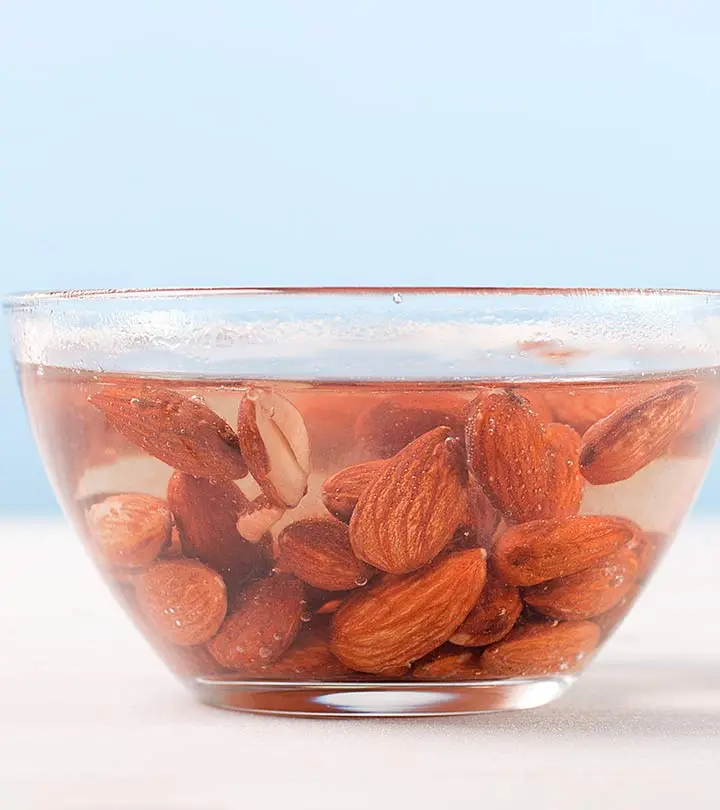
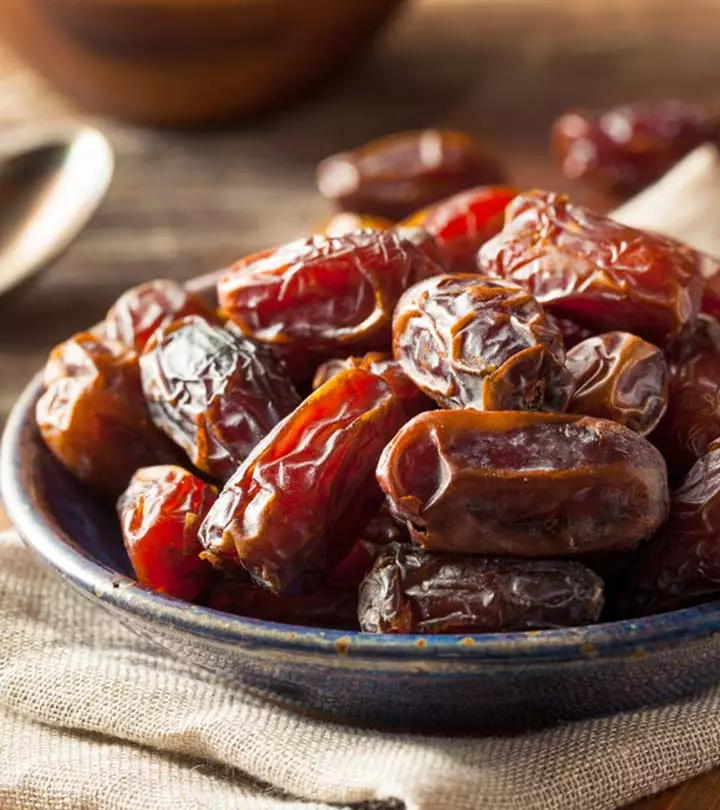
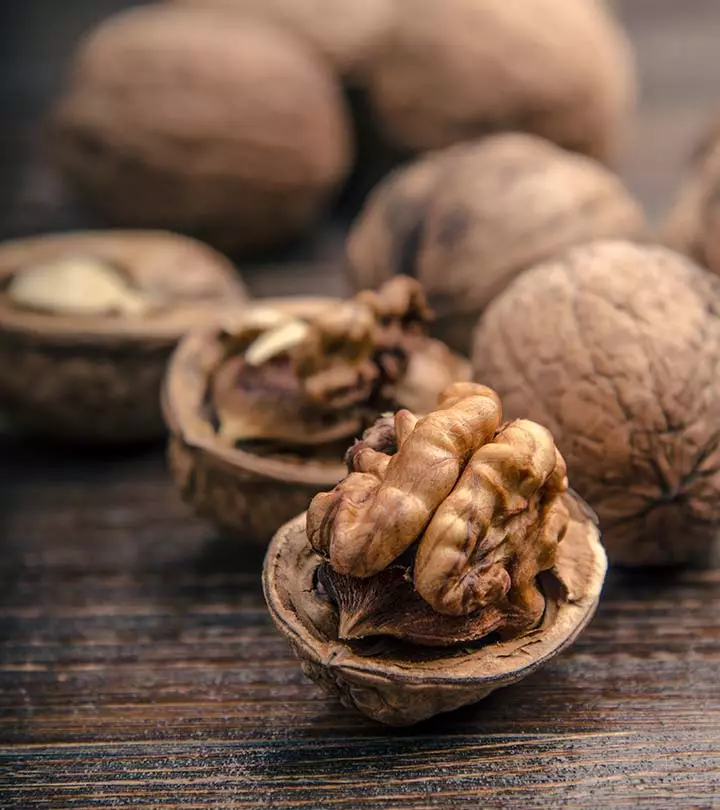
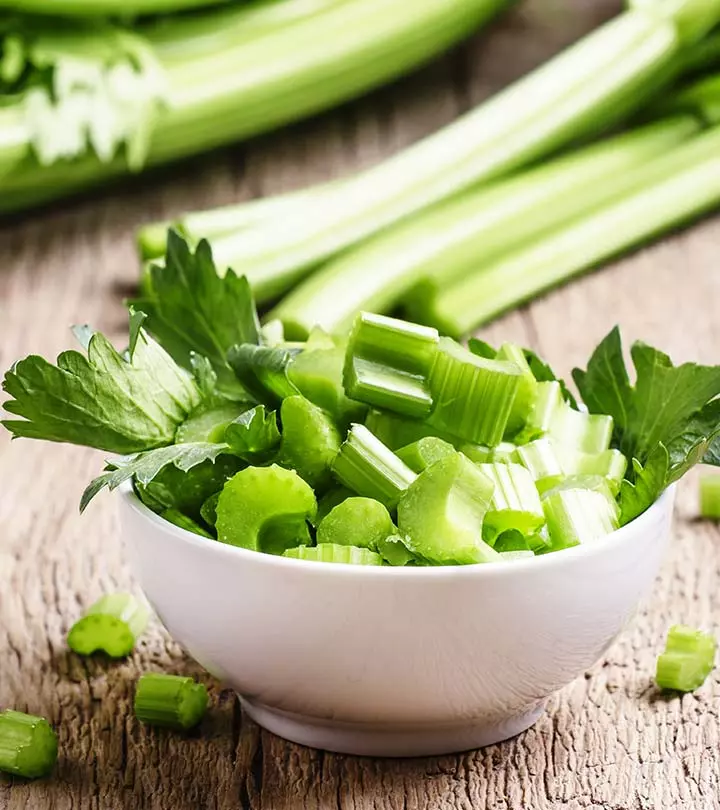
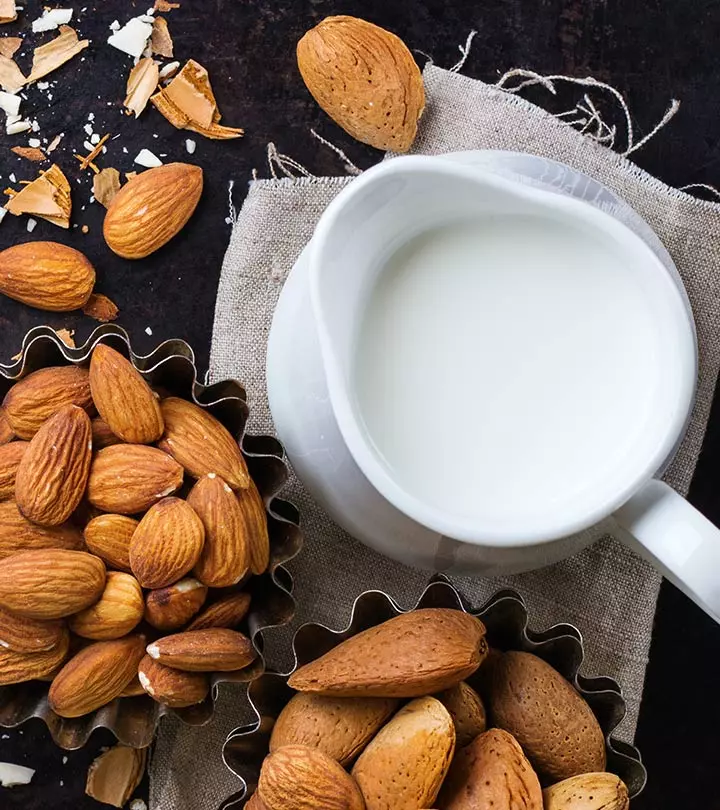
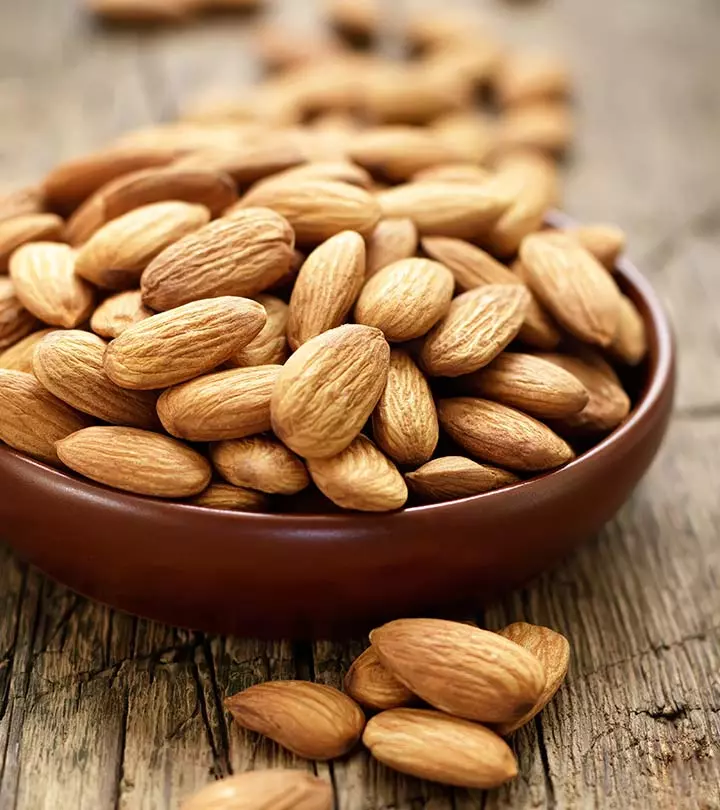
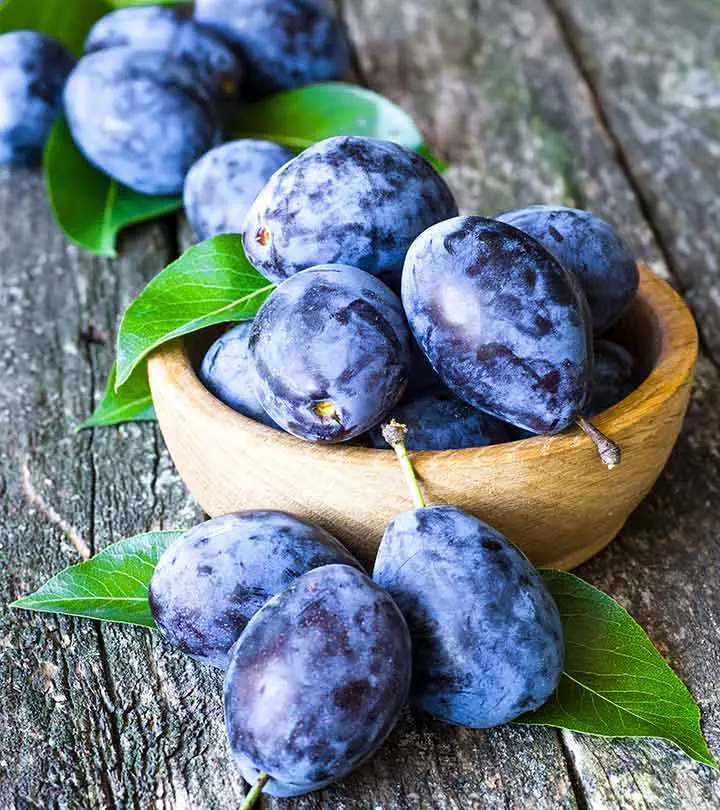
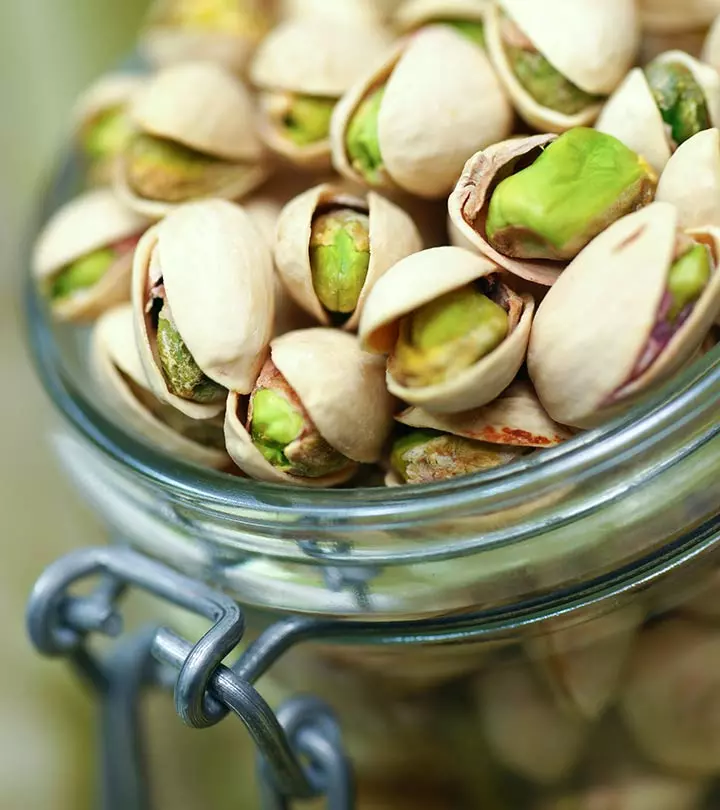

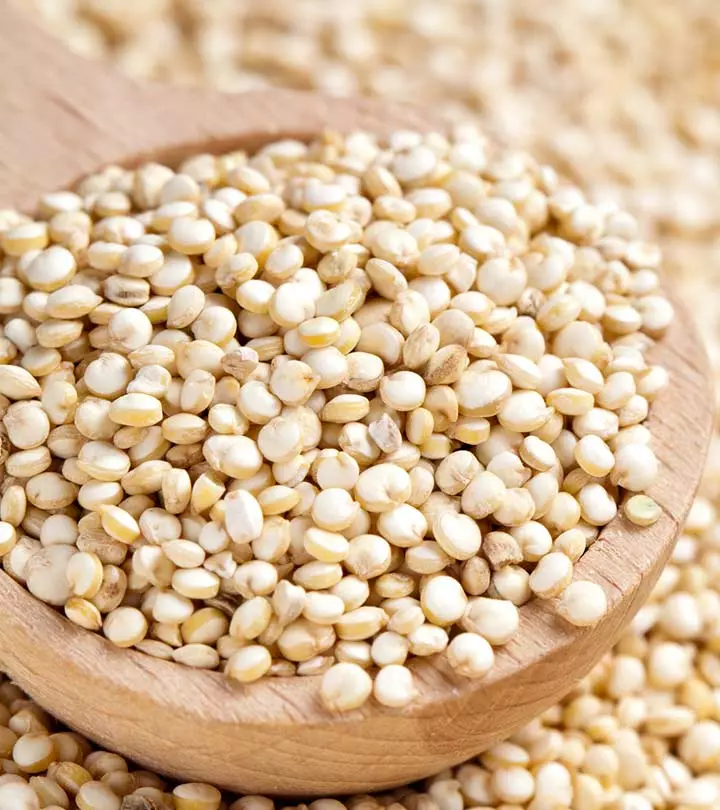
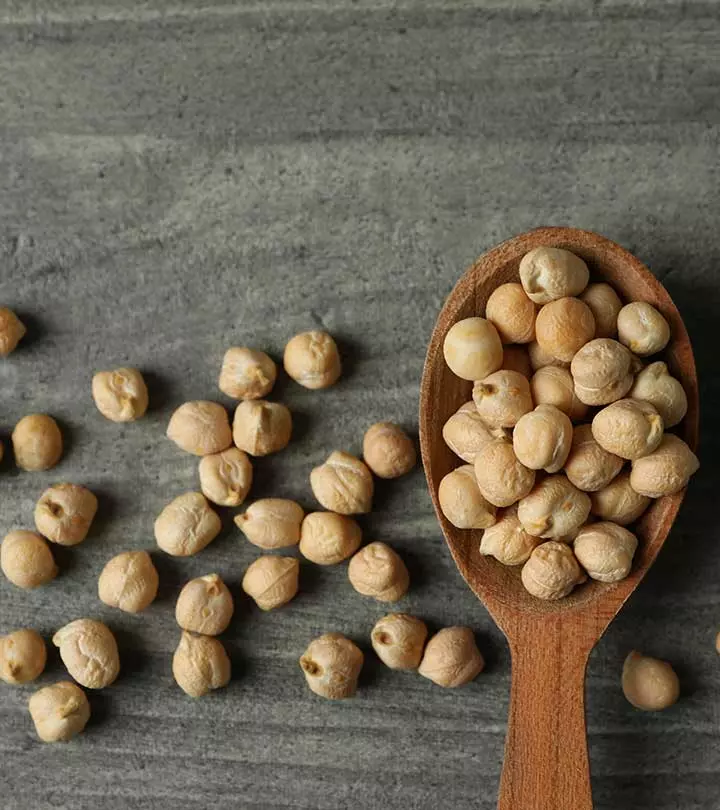


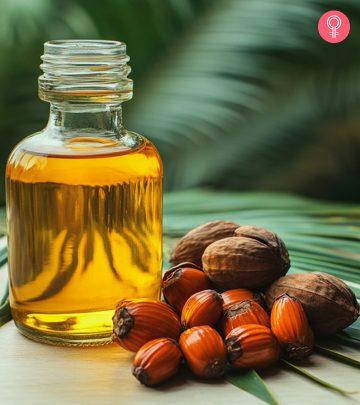
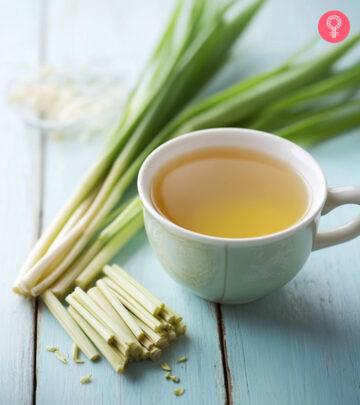

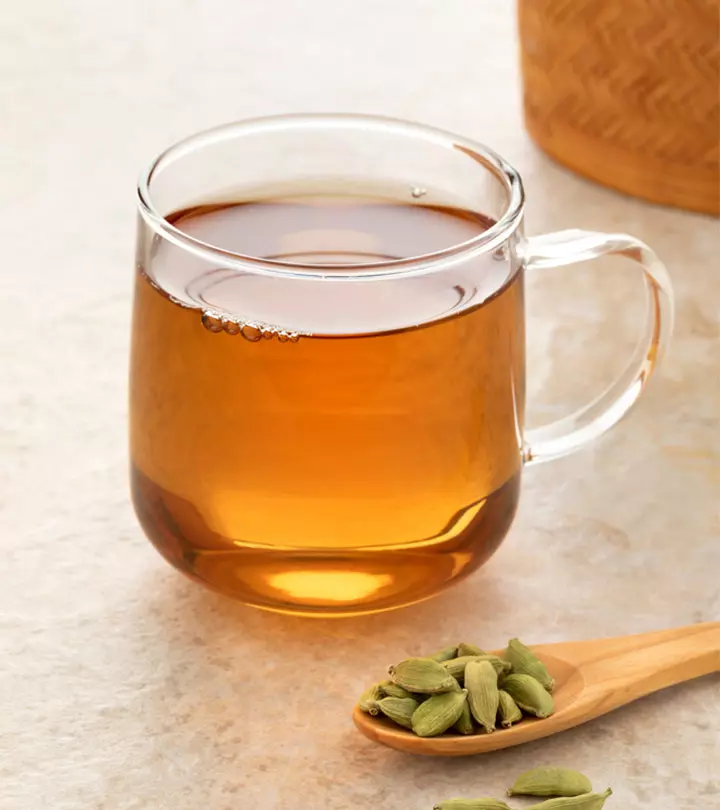
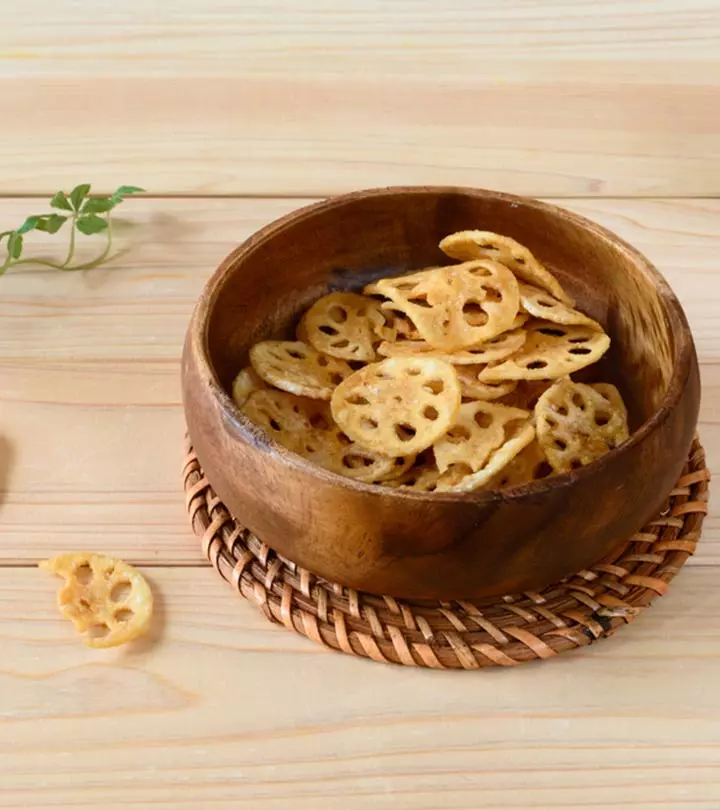
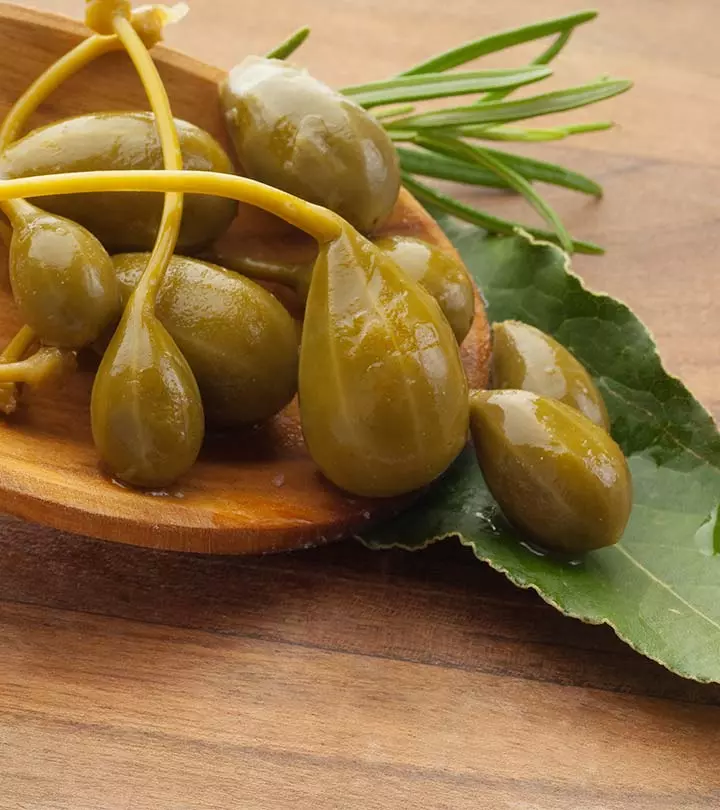
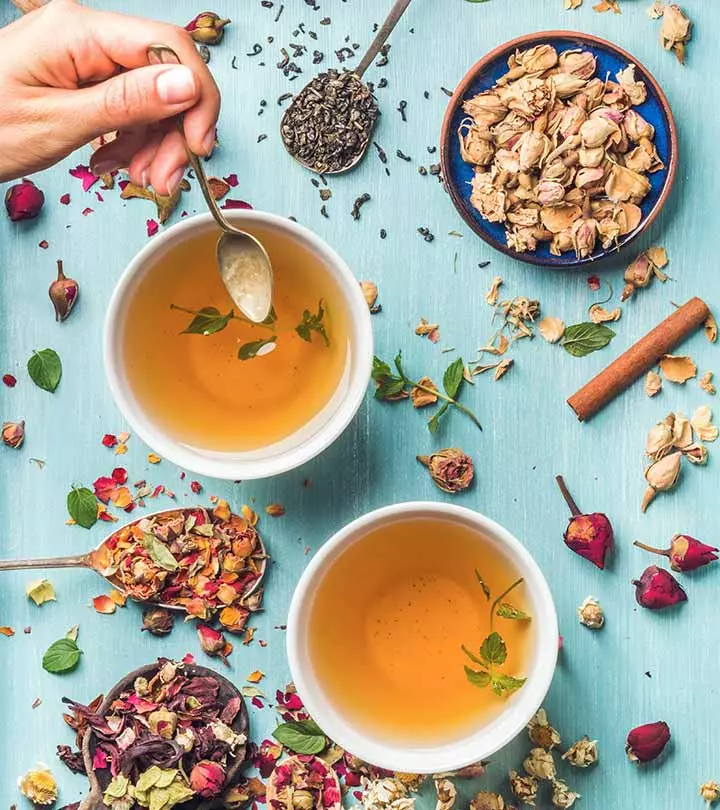

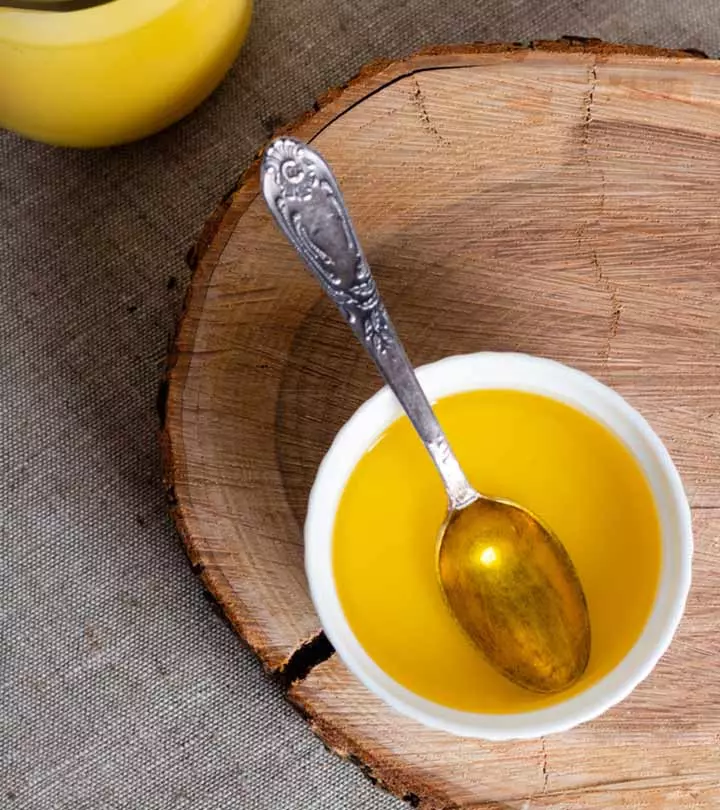
Community Experiences
Join the conversation and become a part of our empowering community! Share your stories, experiences, and insights to connect with other beauty, lifestyle, and health enthusiasts.